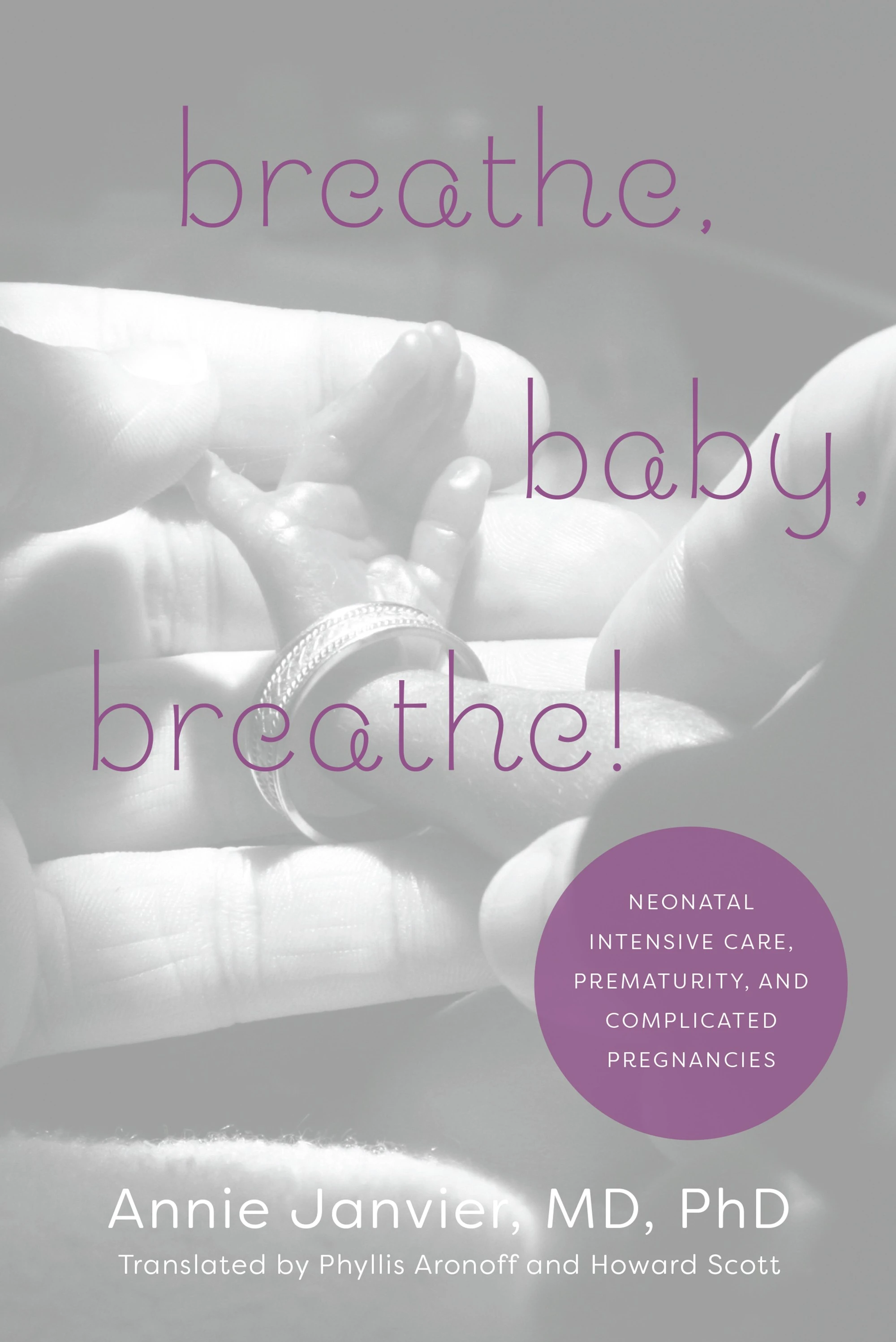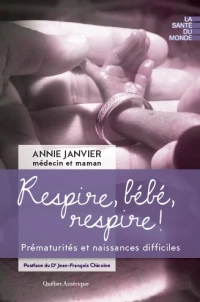A new study from the German Neonatal Network Database compares the incidence of NEC between centers that used probiotics, centers that did not use probiotics, and centers that changed their practice part way through the data collection period from being non-users to users. They all seem to have chosen the same probiotic combination (Infloran), and they only report the cases of surgical NEC (and separately surgery for other neonatal acute intestinal complications), the data base includes babies under 1500 grams who are between 23 and 32 weeks gestation.
I think its safe to assume that the diagnostic variability in stage 3, surgical, NEC is less than in stage 2 disease, although it probably isn’t perfect, and the precise indications for surgery may differ from one center to the next, also it isn’t clear if an infant who perforated, but was not considered a candidate for surgery, would be included as a case or not (but that would likely be a very small proportion).
The authors of the paper (Hartel C, Pagel J, Rupp J, Bendiks M, Guthmann F, Rieger-Fackeldey E, et al. Prophylactic Use of Lactobacillus acidophilus/Bifidobacterium infantis Probiotics and Outcome in Very Low Birth Weight Infants. The Journal of pediatrics. 2014) found that centers using probiotics had a percentage of surgical NEC in their babies of 2.6% compared to 4.2% in those with no probiotics. Centers that changed during the course of the study showed a reduction after the introduction of probiotics from 6.2 to 4.0%.
In the logistic regression analysis, the use of probiotics gave an Odds Ratio for surgical NEC of 0.58, and for death or surgical NEC of 0.43.
Not surprisingly, probiotics reduce the incidence of NEC in Germany, just as they do elsewhere. Infloran seems to be an effective mixture, even though its formulation has changed slightly it was one of the mixtures used in randomized controlled trials, it is widely available in many countries.
Rather than another polemic about the moral necessity to routinely use probiotics in at-risk preterm infants, I will simply refer you to my several previous posts, which you can find using the search function if you wish,









If the gold standard is a randomised control study perhaps we should wait for the PIPS study results. The trial has been completed, analysed and should be published soon
We already have so many RCTs. A total of 5000 babies randomized at my last count, including large multicenter RCTs. Why do you think the PIPS trial is so overwhelmingly important? It is no larger than proprems, and the primary outcome is a combined outcome of NEC, late onset sepsis and death, which may well not be affected, as late-onset sepsis is not affected by probiotics.
If I was a parent in an NICU and my baby died of NEC, or had surgical NEC, without having the benefit of probiotics I would be very angry, and very disappointed to not be given the option.
Even if the rate of NEC is very low in PIPS and the frequency of NEC is not significantly different, I don’t see how that could outweigh the preponderance of the evidence which we already have.
I would agree that the data from the German database would not be enough to change practice if they existed in isolation, but they do not. They are a useful confirmation of what the RCTs have already shown.
Keith
I agree with Keith, as a neonatal nurse I am striving to get probiotic’s introduced into the clinical area where I practice, and I am up against opposition that thinks we should await the results of the UK PIPS Trial?? what will this add to current research, and while we wait babies are still suffering